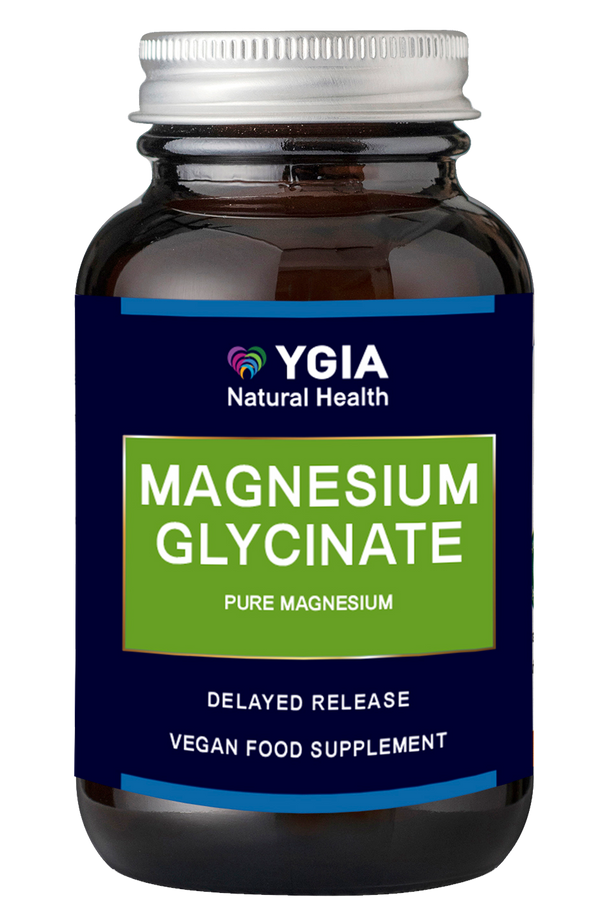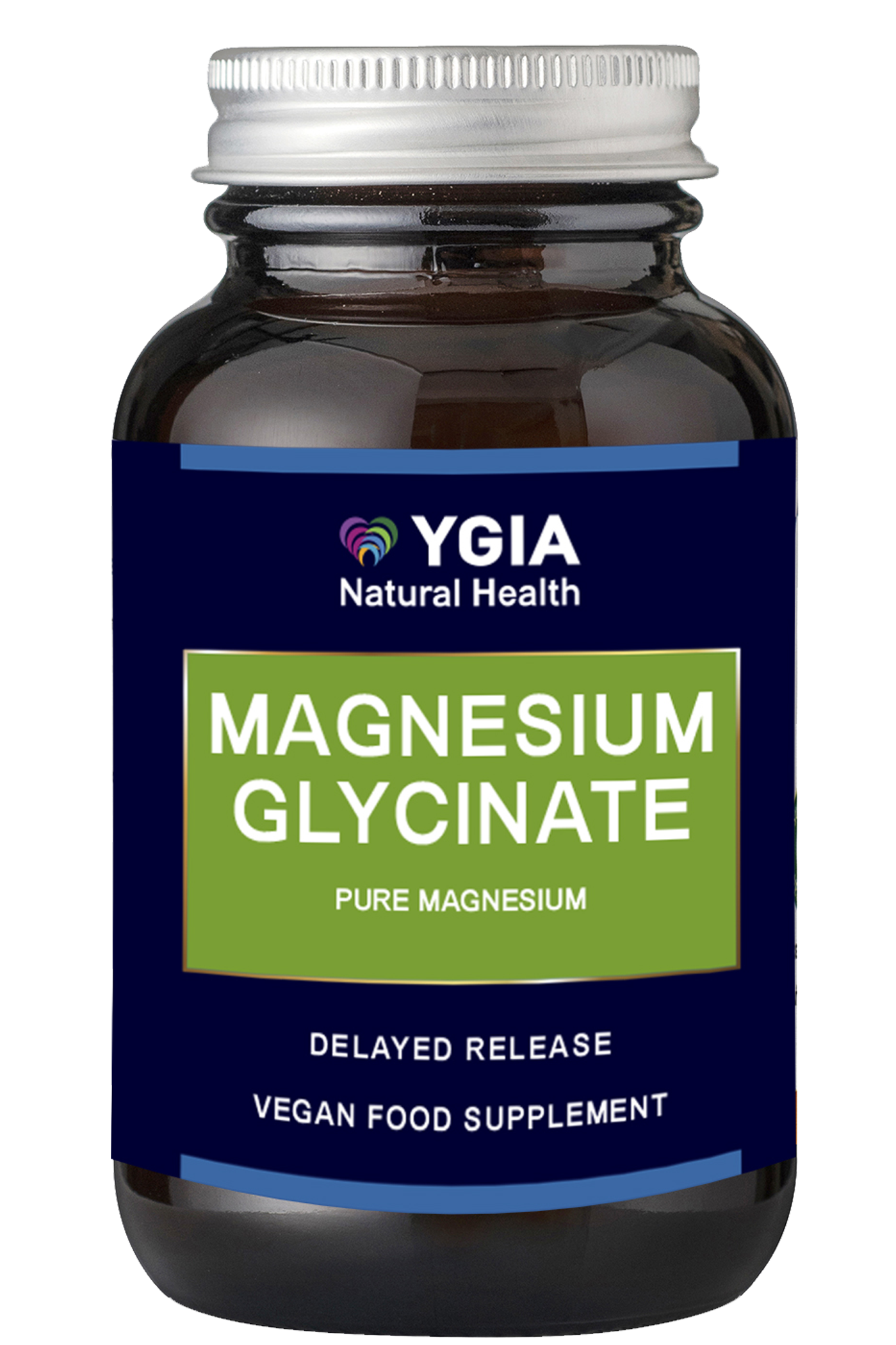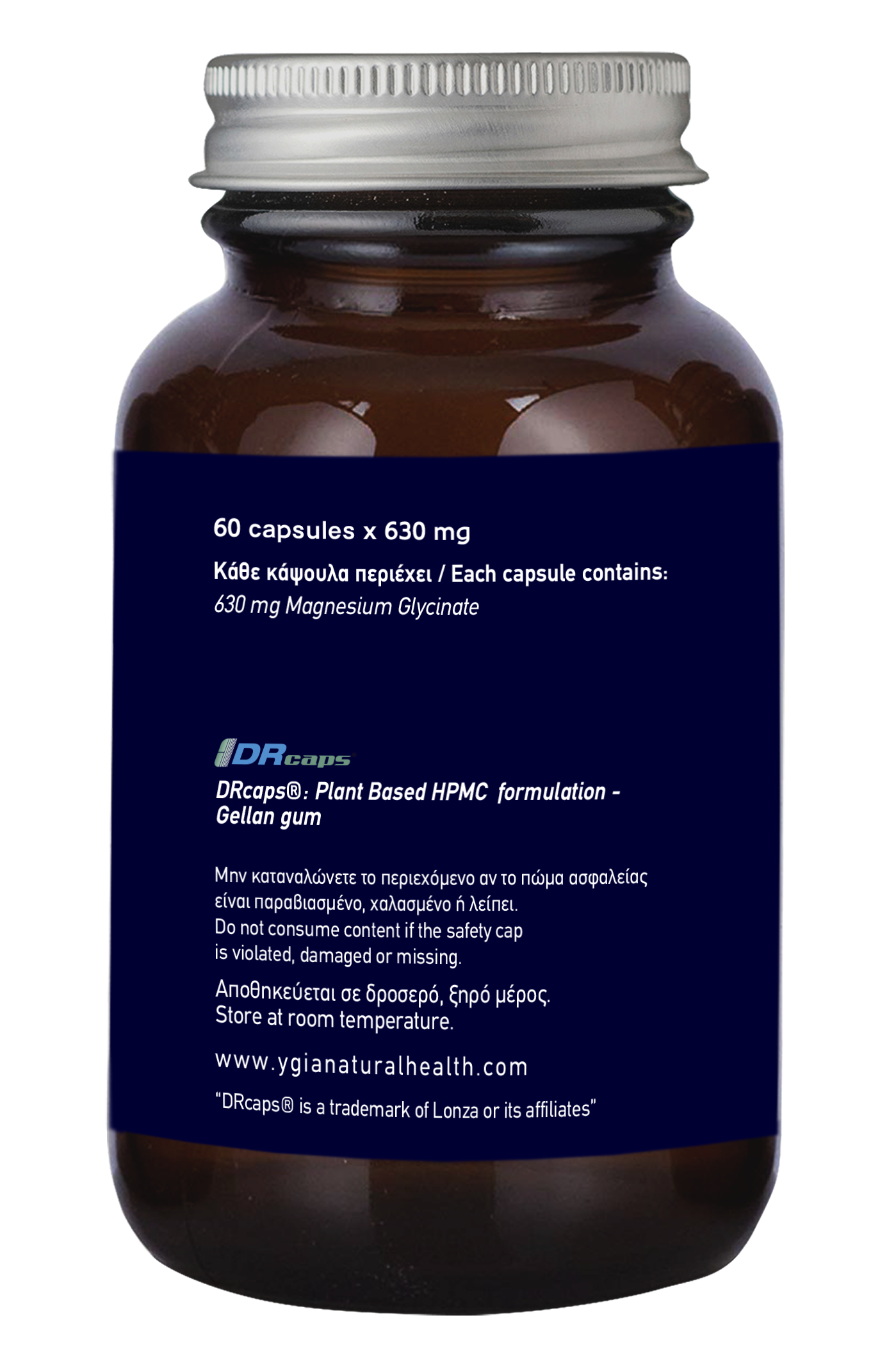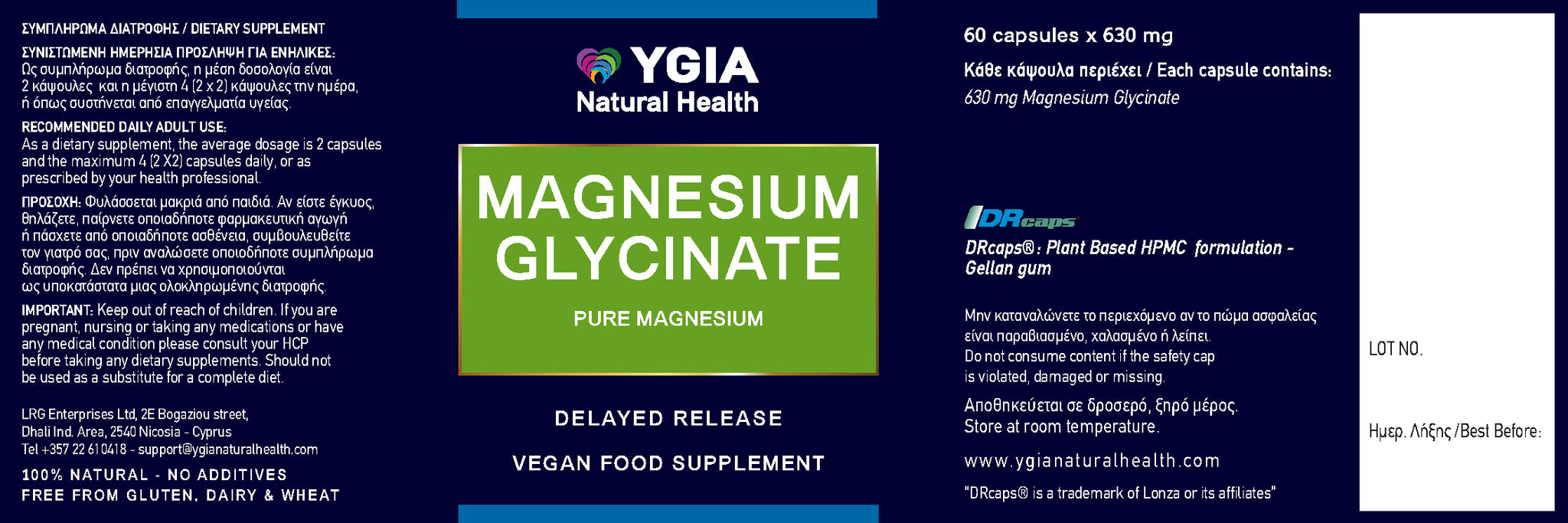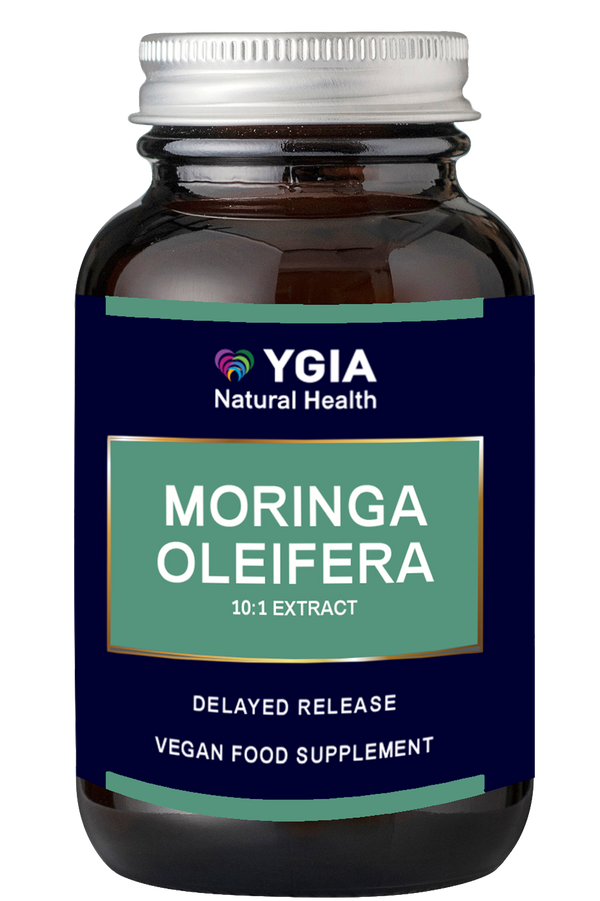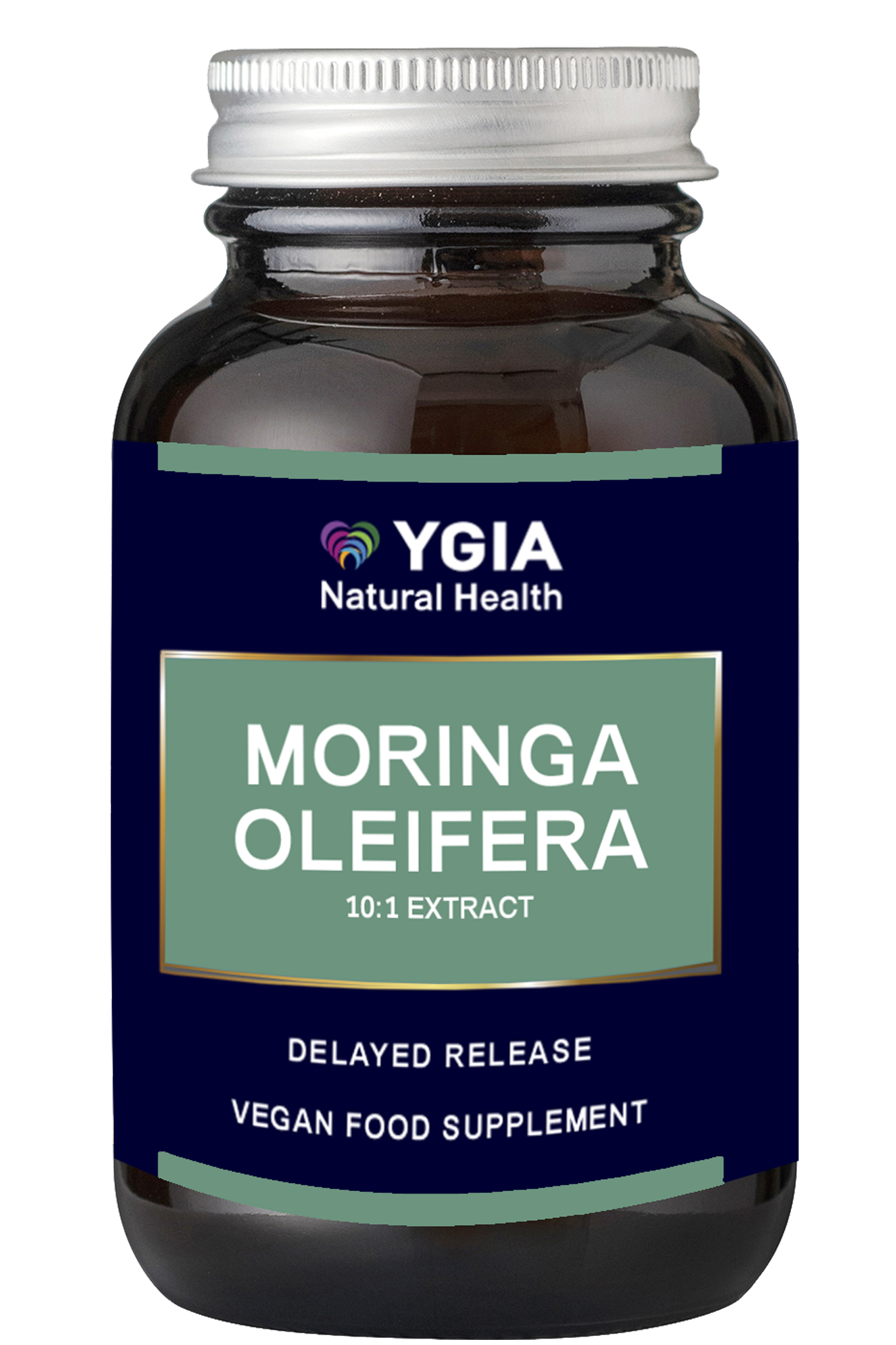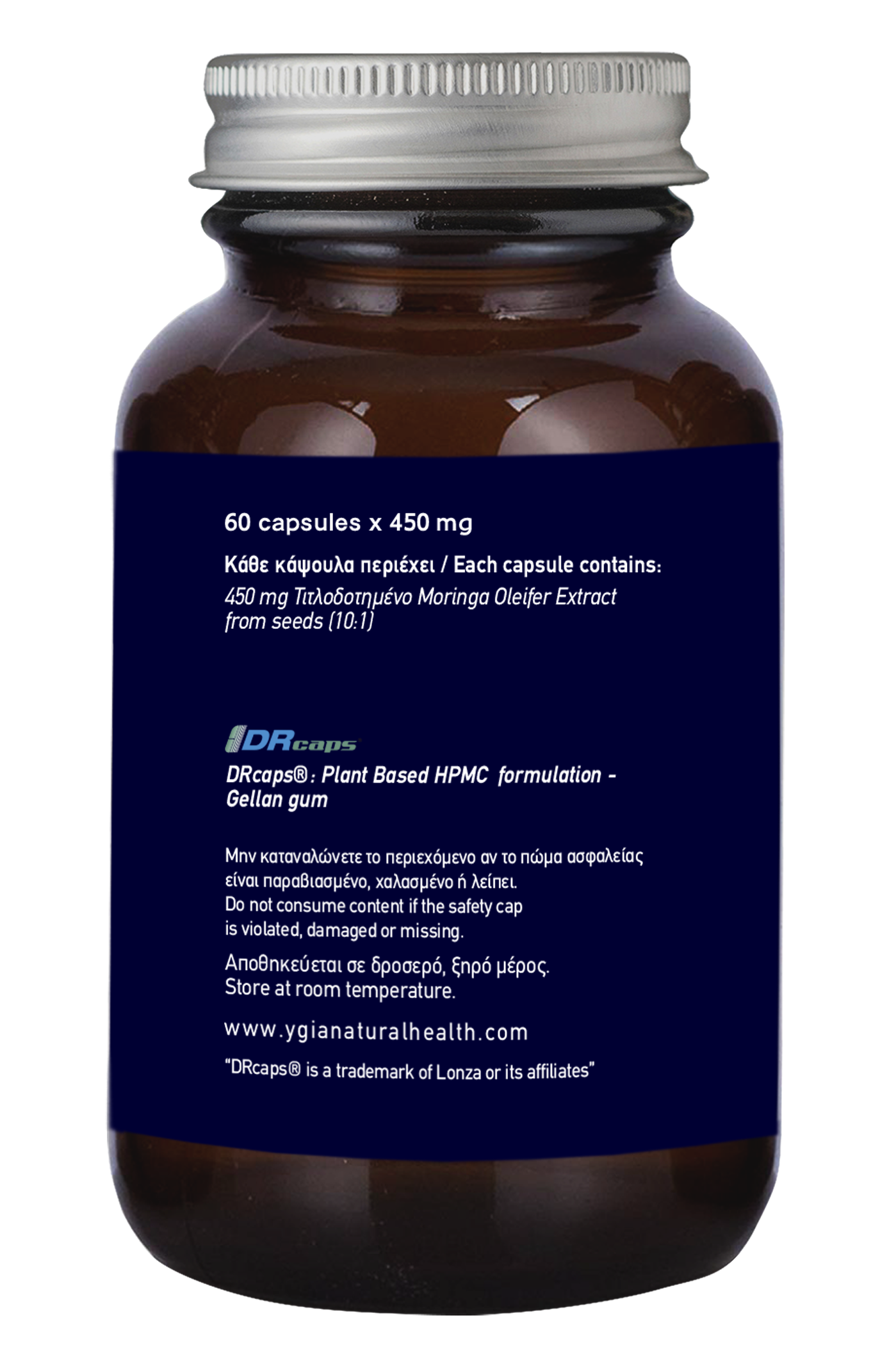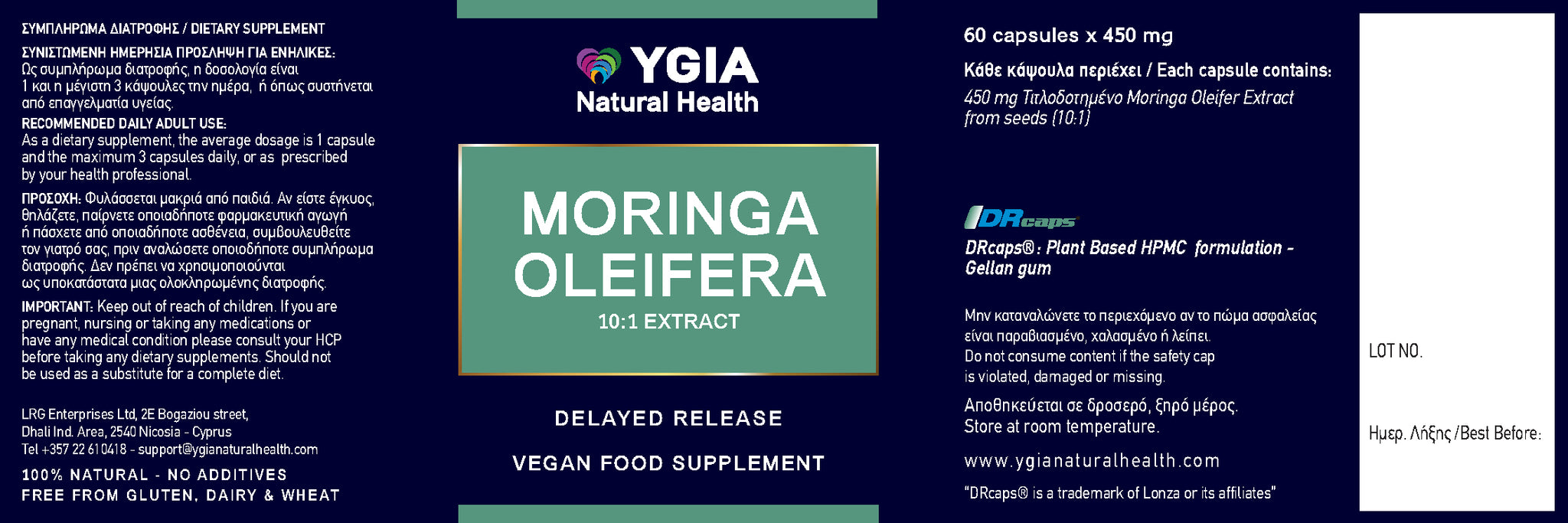SUPER NATURAL HERBAL SUPPLEMENTS
- Home Page
-
Products
- All Supplements
- Sports Performance
- Joints / Musculoskeletal
- Cold/ Flu
- Brain/ Memory
- Detoxification
- Anti Aging
- Urinary
- Circulatory System
- Detoxification
- Respiratory
- Energy
- Immune System
- Heart
- Pain relief
- Seasonal Allergies
- Sleep
- Mens Health
- Women's Health
- Digestive System
- Nervous System/ Anxiety/ Mood
- Delivery GR - CY
- Pharmacies Cyprus
- Contact Us
- Health News
- Herbalist Advise
- About us
- Translation missing: en.layout.customer.log_in
- Home Page
-
Products
- All Supplements
- Sports Performance
- Joints / Musculoskeletal
- Cold/ Flu
- Brain/ Memory
- Detoxification
- Anti Aging
- Urinary
- Circulatory System
- Detoxification
- Respiratory
- Energy
- Immune System
- Heart
- Pain relief
- Seasonal Allergies
- Sleep
- Mens Health
- Women's Health
- Digestive System
- Nervous System/ Anxiety/ Mood
- Delivery GR - CY
- Pharmacies Cyprus
- Contact Us
- Health News
- Herbalist Advise
- About us
+Collections
- All Products
- Anti Aging
- Best Selling Products
- Brain / Memory
- Cold / Flu
- Detoxification
- Digestive system
- Energy
- Heart
- Heart/ Circulatory
- Immune System
- Joints/ Musculoskeletal
- Men's Health
- Nervous/ Anxiety/ Mood
- Pain Relief
- Respiratory
- Seasonal Allergies
- Sleep
- Sports Performance
- Urinary
- Women's Health
+Free Herbalist Advise
Send us your questions reagrding the YGIA supplements and a herbalist can offer you his advise
+Daily Dosage
Follow the suggested daily dosage
Q10 98%- 100 mg ♦ 30 Enteric Veg Caps X 500mg ♦ Amber Glass Bottles ♦ 100% Natural ♦ Non-GMO ♦ Gluten & Dairy Free ♦ No Additives
€19.90
CoQ10 is naturally found in the body, with the highest levels in the heart, liver, kidney, and pancreas. It helps generate energy in cells by making the antioxidant adenosine triphosphate (ATP), which is involved in cell energy transfer, and serves as an antioxidant to protect cells against oxidative stress.
Ubiquinol is the reduced form of CoQ10. The body is able to convert back and forth between these two forms. Both variations exist in the body, but ubiquinol is the form that is found the most in blood circulation.
What does CoQ10 do for the body?
Oxidative stress can interfere with regular cell functioning and may contribute to many health conditions. Therefore, it is not surprising that some chronic diseases have also been associated with low levels of CoQ10.
CoQ10 production decreases as you age. Thus, older people can be deficient in this compound.
Some other possible causes of low CoQ10 levels include:
genetic defects in CoQ10 synthesis or utilization
increased demands by tissues as a consequence of disease
mitochondrial diseases
oxidative stress due to aging
side effects of statin treatments
SUMMARY
CoQ10 is a substance found throughout the body that acts as an antioxidant and is involved in energy production. Low levels of CoQ10 may be associated with older age, certain medications, genetic defects, nutritional deficiencies, and specific health conditions.
1. It may help treat heart failure
Some researchTrusted Source suggests that CoQ10 could improve treatment outcomes for people with heart failure.
One analysis of seven reviewsTrusted Source concluded that CoQ10 could be beneficial for managing heart failure, especially for those unable to tolerate other treatment methods.
Another review of 14 studiesTrusted Source found that people with heart failure who took CoQ10 supplements had a decreased risk of dying and a greater improvement in exercise capacity compared to those who took a placebo.
CoQ10 could also assist with restoring optimal levels of energy production, reducing oxidative damage, and improving heart function, all of which can aid the treatment of heart failure.
SUMMARY
CoQ10 may help decrease oxidative stress and enhance heart function, which could be beneficial for improving treatment outcomes in people with heart failure.
2. It could help with fertility
Female fertility decreases with age due to a decline in the number and quality of available eggs.
CoQ10 is directly involved in this process. As you age, CoQ10 production slows, making the body less effective at protecting the eggs from oxidative damage.
Supplementing with CoQ10 seems to help and may even reverseTrusted Source this age-related decline in egg quality and quantity.
Similarly, male sperm is susceptible to oxidative damage, which may result in reduced sperm count, poor sperm quality, and infertility.
Several studiesTrusted Source have concluded that supplementing with CoQ10 may improve sperm quality, activity, and concentration by increasing antioxidant protection.
SUMMARY
CoQ10 may help prevent oxidative damage, which could help promote both female and male fertility.
3. It might help support healthy skin aging
Harmful elements like cellular damage or a hormonal imbalance can lead to reduced skin moisture and protection from environmental aggressors, as well as the thinning of the layers of the skin.
According to humanTrusted Source and animal studiesTrusted Source, applying CoQ10 directly to the skin may help reduce oxidative damage caused by UV rays and help decrease the depth of wrinkles and promoteantioxidant protection.
SUMMARY
When applied topically, CoQ10 may protect against damage to the skin, which may help support healthy skin aging.
4. It could reduce headaches
Abnormal mitochondrial function can result in low energy in the brain cells and may contribute to migraine.
Since CoQ10 lives mainly in the mitochondria of the cells, it has been shownTrusted Source it may be beneficial for the treatment of migraine.
One review of five studiesTrusted Source found that CoQ10 may effectively reduce the duration and frequency of migraine in children and adults.
Another 2017 studyTrusted Source showed that CoQ10 might help reduce the frequency of headaches and make them shorter and less severe.
SUMMARY
Research shows that CoQ10 supplementation may be effective at reducing the frequency, duration, and severity of migraine headaches.
5. It could help with exercise performance
Abnormal mitochondrial function can reduce muscle energy, making it hard for muscles to contract efficiently and sustain exercise.
CoQ10 may help exercise performanceTrusted Source by decreasing oxidative stress in the cells and improving mitochondrial function.
One studyTrusted Source found that CoQ10 supplementation may have helped inhibit oxidative stress and markers of muscle and liver damage in adolescent elite swimmers during their competition phase.
Moreover, supplementing with CoQ10 may help reduce fatigueTrusted Source, which could also potentially improve exercise performance.
SUMMARY
CoQ10 may help improve exercise performance by supporting mitochondrial function, decreasing oxidative stress, and reducing fatigue.
6. It may help with diabetes
Oxidative stress can induce cell damage. This can result in metabolic diseases like diabetes, as well as insulin resistance.
In a 2018 meta-analysisTrusted Source, CoQ10 has been suggested to improve insulin sensitivity and regulate blood sugar levels.
Another studyTrusted Source in people with diabetic neuropathy — a type of nerve damage that can occur in people with diabetes — found that taking 100 mg of CoQ10 daily for 12 weeks may have improved HbA1c levels and insulin resistance.
Not only that, but it also may have reduced markers of oxidative stress and harmful compounds, such as advanced glycation end products, compared to a placebo.
SUMMARY
CoQ10 could help promote blood sugar control and prevent insulin resistance. It may also decrease oxidative stress and certain risk factors for heart disease in people with diabetes.
7. It might play a role in cancer prevention
According to some test-tube studiesTrusted Source, CoQ10 could block the growth of cancer cells. Interestingly, people with cancer have been shown to have lower levels of CoQ10.
Some olderTrusted Source studiesTrusted Source suggest low levels of CoQ10 may be associated with a higher risk of certain types of cancer, including breast and prostate cancer. Newer studiesTrusted Source have also suggested this with regard to lung cancer.
That said, the National Institutes of Health (NIH)Trusted Source states that CoQ10 has not been shown to be of value as a cancer treatment, so more research needs to be conducted before a definitive claim can be made.
SUMMARY
CoQ10 could reduce oxidative stress, which may be involved in cancer development. Though more research is needed, some studies also show that low levels of CoQ10 could be linked to an increased risk of certain types of cancer.
8. It may be good for the brain
Mitochondrial function tends to decrease with age, which can lead to the death of brain cells and contribute to conditions like Alzheimer’s and Parkinson’s.
Unfortunately, the brain is very susceptible to oxidative stressTrusted Source due to its high fatty acid content and its high demand for oxygen.
This oxidative stress enhances the production of harmful compoundsTrusted Source that could affect memory, cognition, and physical functions.
CoQ10 may reduce these harmful compounds, possibly slowing the progression of Alzheimer’s and Parkinson’s disease, according to some animal studies in 2019Trusted Source and 2021Trusted Source.
However, more research on humans is needed.
SUMMARY
CoQ10 can protect against oxidative damage in the brain, which could potentially protect against cognitive decline. However, more studies in humans are needed.
9. It could protect the lungs
Increased oxidative damage in the lungs and poor antioxidant protection, including low levels of CoQ10, can result in lung diseases, such as chronic obstructive pulmonary disease (COPD) and asthma.
Furthermore, some older studiesTrusted Source have found that people with these conditions tend to have lower levels of CoQ10.
Another studyTrusted Source found that supplementing with CoQ10 and creatine — a compound found in muscle cells — may have improved functional performance, perception of shortness of breath, and body composition in people with COPD.
SUMMARY
CoQ10 could reduce oxidative damage in the lungs, which may benefit respiratory conditions like asthma or COPD.
Dosage
CoQ10 comes in two different forms — ubiquinol and ubiquinone.
Current studiesTrusted Source note that either ubiquinol or ubiquinone is acceptable for use as a supplement. No significant difference between the two was found in regards to absorption.
CoQ10 supplements are available in various doses, ranging from 30 to 600 mgTrusted Source.
Doses of 100–400 mgTrusted Source per day have been used in studies related to heart health, while doses ranging from 600–3,000 mgTrusted Source have been used for treating some neurodegenerative disorders.
However, taking 200 mgTrusted Source twice daily with food is considered the average dosage needed to maintain therapeutic blood levels of CoQ10 for most people.
Because CoQ10 is a fat-soluble compound, its absorption is slow and limited. However, taking CoQ10 supplements with food can help your body absorb it better than taking it without food. Also, soft-gel capsules have been confirmed to absorb more efficiently than other forms of CoQ10.
Additionally, some products offer a solubilized form of CoQ10, or a combination of CoQ10 and oils, to improve its absorption.
SUMMARY
CoQ10 is well-tolerated and is not associated with any serious side effects. Doses can range from 100–3,000 mg per day, though it’s best to use only as directed.
PACKAGING
60 delayed release vegetable capsules X 700 mg in amber glass bottles
Ingredients:
Each capsule contains 700 mg of the following extracts :
100 mg Liposomal Q10 98%
600 mg Magnesium Glycinate
Capsule Shell: DRCaps - Hypromellose - Acid Resistant Delayed Release Capsules -Vegan
Suggested Dosage for Adults: 1 capsule per day
FREE HERBALIST CONSULTATION If you need a personal consultation regarding YGIA Natural Health supplements from the company's herbalist please send us your name and telephone number through messenger below.
QUALITY ALL THE WAY - PURE, 100% NATURAL INGREDIENTS - All YGIA Natural Health supplements are 100% pure, 100% Natural, without any additives. They are Non GMO and free from all allergens, Gluten Free, Dairy Free and Soy Free and Free From artificial colors, flavors and sweeteners. This product is 100% suitable for keto diets, vegetarians and vegans. Produced in an EU regulated ISO 9001 certified facility.
REVOLUTIONARY VEGETARIAN DELAYED RELEASE CAPSULES - DRCaps are the next generation of herbal capsules, designed to be released when the body needs them. They protect the contents of the supplements from stomach acids, they are completely released in the small intestine in an alkaline environment with pH 6.8. DRcaps also mask any taste and reduce the risk of any aftertaste.
RECYCLABLE CONSUMER SAFE PACKAGING: We use 100% recyclable amber glass bottles which protect the supplements from light and temperature and no harmful chemicals can leach into the product
YGIA NATURAL HEALTH -100% MONEY BACK GUARANTEE: We proudly stand behind our products. Try a bottle risk-free. If you are not satisfied, we’ll give you 100% of your money back – guaranteed! We always stand behind our products because we want to ensure you’re satisfied!
Important information
Safety Information:
Keep out of reach of children. Suitable for vegetarians and vegans. Not suitable for pregnant or lactating mothers. Consult your doctor before taking this product if you have any medical conditions or are taking any medication. Food supplements should not be used as a substitute for a varied, balanced diet or healthy lifestyle. Keep out of direct sunlight in a cool and dry place. Keep out of sight and reach of children. Best before date see on the label. Do not use it if the seal is broken.
Disclaimer:
These statements have not been evaluated by any official health authority. These products are not intended to diagnose, treat, cure, or prevent any disease. Do not exceed the stated recommended daily dose. Food supplements should not be used as a substitute of a complete diet.
One analysis of seven reviewsTrusted Source concluded that CoQ10 could be beneficial for managing heart failure, especially for those unable to tolerate other treatment methods.
Another review of 14 studiesTrusted Source found that people with heart failure who took CoQ10 supplements had a decreased risk of dying and a greater improvement in exercise capacity compared to those who took a placebo.
CoQ10 could also assist with restoring optimal levels of energy production, reducing oxidative damage, and improving heart function, all of which can aid the treatment of heart failure.
SUMMARY
CoQ10 may help decrease oxidative stress and enhance heart function, which could be beneficial for improving treatment outcomes in people with heart failure.
2. It could help with fertility
Female fertility decreases with age due to a decline in the number and quality of available eggs.
CoQ10 is directly involved in this process. As you age, CoQ10 production slows, making the body less effective at protecting the eggs from oxidative damage.
Supplementing with CoQ10 seems to help and may even reverseTrusted Source this age-related decline in egg quality and quantity.
Similarly, male sperm is susceptible to oxidative damage, which may result in reduced sperm count, poor sperm quality, and infertility.
Several studiesTrusted Source have concluded that supplementing with CoQ10 may improve sperm quality, activity, and concentration by increasing antioxidant protection.
SUMMARY
CoQ10 may help prevent oxidative damage, which could help promote both female and male fertility.
3. It might help support healthy skin aging
Harmful elements like cellular damage or a hormonal imbalance can lead to reduced skin moisture and protection from environmental aggressors, as well as the thinning of the layers of the skin.
According to humanTrusted Source and animal studiesTrusted Source, applying CoQ10 directly to the skin may help reduce oxidative damage caused by UV rays and help decrease the depth of wrinkles and promoteantioxidant protection.
SUMMARY
When applied topically, CoQ10 may protect against damage to the skin, which may help support healthy skin aging.
4. It could reduce headaches
Abnormal mitochondrial function can result in low energy in the brain cells and may contribute to migraine.
Since CoQ10 lives mainly in the mitochondria of the cells, it has been shownTrusted Source it may be beneficial for the treatment of migraine.
One review of five studiesTrusted Source found that CoQ10 may effectively reduce the duration and frequency of migraine in children and adults.
Another 2017 studyTrusted Source showed that CoQ10 might help reduce the frequency of headaches and make them shorter and less severe.
SUMMARY
Research shows that CoQ10 supplementation may be effective at reducing the frequency, duration, and severity of migraine headaches.
5. It could help with exercise performance
Abnormal mitochondrial function can reduce muscle energy, making it hard for muscles to contract efficiently and sustain exercise.
CoQ10 may help exercise performanceTrusted Source by decreasing oxidative stress in the cells and improving mitochondrial function.
One studyTrusted Source found that CoQ10 supplementation may have helped inhibit oxidative stress and markers of muscle and liver damage in adolescent elite swimmers during their competition phase.
Moreover, supplementing with CoQ10 may help reduce fatigueTrusted Source, which could also potentially improve exercise performance.
SUMMARY
CoQ10 may help improve exercise performance by supporting mitochondrial function, decreasing oxidative stress, and reducing fatigue.
6. It may help with diabetes
Oxidative stress can induce cell damage. This can result in metabolic diseases like diabetes, as well as insulin resistance.
In a 2018 meta-analysisTrusted Source, CoQ10 has been suggested to improve insulin sensitivity and regulate blood sugar levels.
Another studyTrusted Source in people with diabetic neuropathy — a type of nerve damage that can occur in people with diabetes — found that taking 100 mg of CoQ10 daily for 12 weeks may have improved HbA1c levels and insulin resistance.
Not only that, but it also may have reduced markers of oxidative stress and harmful compounds, such as advanced glycation end products, compared to a placebo.
SUMMARY
CoQ10 could help promote blood sugar control and prevent insulin resistance. It may also decrease oxidative stress and certain risk factors for heart disease in people with diabetes.
7. It might play a role in cancer prevention
According to some test-tube studiesTrusted Source, CoQ10 could block the growth of cancer cells. Interestingly, people with cancer have been shown to have lower levels of CoQ10.
Some olderTrusted Source studiesTrusted Source suggest low levels of CoQ10 may be associated with a higher risk of certain types of cancer, including breast and prostate cancer. Newer studiesTrusted Source have also suggested this with regard to lung cancer.
That said, the National Institutes of Health (NIH)Trusted Source states that CoQ10 has not been shown to be of value as a cancer treatment, so more research needs to be conducted before a definitive claim can be made.
SUMMARY
CoQ10 could reduce oxidative stress, which may be involved in cancer development. Though more research is needed, some studies also show that low levels of CoQ10 could be linked to an increased risk of certain types of cancer.
8. It may be good for the brain
Mitochondrial function tends to decrease with age, which can lead to the death of brain cells and contribute to conditions like Alzheimer’s and Parkinson’s.
Unfortunately, the brain is very susceptible to oxidative stressTrusted Source due to its high fatty acid content and its high demand for oxygen.
This oxidative stress enhances the production of harmful compoundsTrusted Source that could affect memory, cognition, and physical functions.
CoQ10 may reduce these harmful compounds, possibly slowing the progression of Alzheimer’s and Parkinson’s disease, according to some animal studies in 2019Trusted Source and 2021Trusted Source.
SUMMARY
CoQ10 can protect against oxidative damage in the brain, which could potentially protect against cognitive decline. However, more studies in humans are needed.
9. It could protect the lungs
Increased oxidative damage in the lungs and poor antioxidant protection, including low levels of CoQ10, can result in lung diseases, such as chronic obstructive pulmonary disease (COPD) and asthma.
Furthermore, some older studiesTrusted Source have found that people with these conditions tend to have lower levels of CoQ10.
Another studyTrusted Source found that supplementing with CoQ10 and creatine — a compound found in muscle cells — may have improved functional performance, perception of shortness of breath, and body composition in people with COPD.
SUMMARY
CoQ10 could reduce oxidative damage in the lungs, which may benefit respiratory conditions like asthma or COPD.
Related Items
Magnesium Glycinate: ♦ 60 Veg Caps X 580 mg ♦ Amber Glass Bottles ♦ 100% Natural ♦ Non-GMO ♦ Gluten & Dairy Free ♦ No Additives
€19.90
Magnesium glycinate can help: In maintaining a normal heart rate In stress relief. Promotes bone health. Reduction of premenstrual syndrome (PMS) symptoms The normal functioning...
View full product detailsCurcumin 95% ♦ High Strength Curcumin ♦ Potent Anti-Inflammatory ♦ Immune Booster ♦ 60 Veg Caps X 550mg ♦ Non-GMO ♦ Allergens Free ♦ No Additives ♦ Glass Amber Bottles
€24.95
If you would like to learn more information about CURCUMIN 95% please send a message through messenger (right bottom ) FREE Chat to a qualified herbalistAt YGIA Natural...
View full product detailsMoringa Oleifera 10:1 - The king of superfoods- Protects and nourishes skin and hair- 60 Delayed Release VCaps - Amber Glass bottles
€19.90
Moringa oleifera, referred to as the "king of superfoods," offers luxurious protection and nourishment for skin and hair. Packed with essential minerals, including iron, potassium,...
View full product details- Frequently Asked Questions
- Returns
- Payments & Invoicing
- Shipping & Distribution
- About us
- Contact us
- Terms of Service
- Refund policy
- Privacy Policy
- Sign up to get the latest on sales, new releases and more…
© 2025 Ygia Natural Health.
Designed by Out of the Sandbox.
Powered by Shopify





